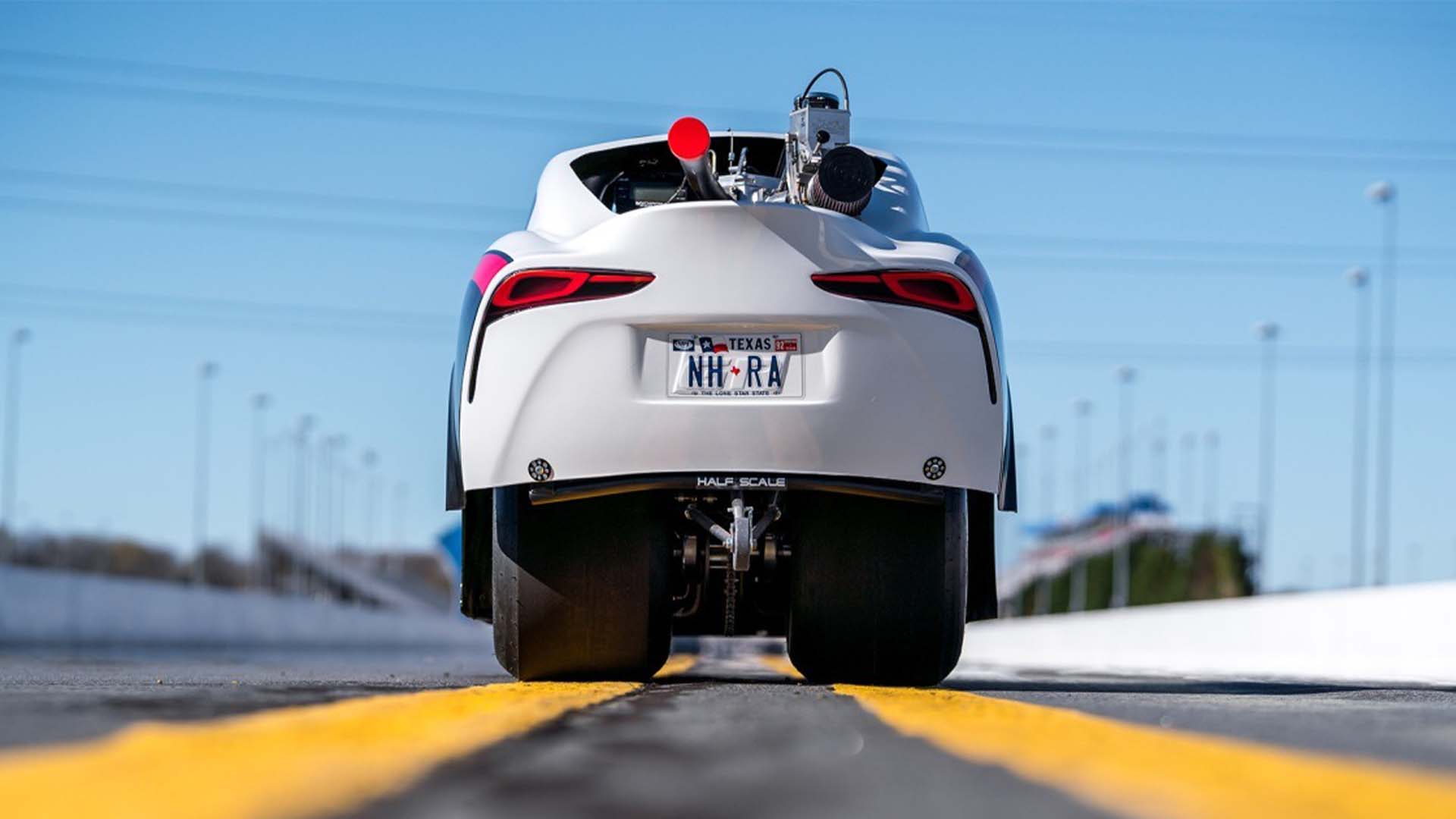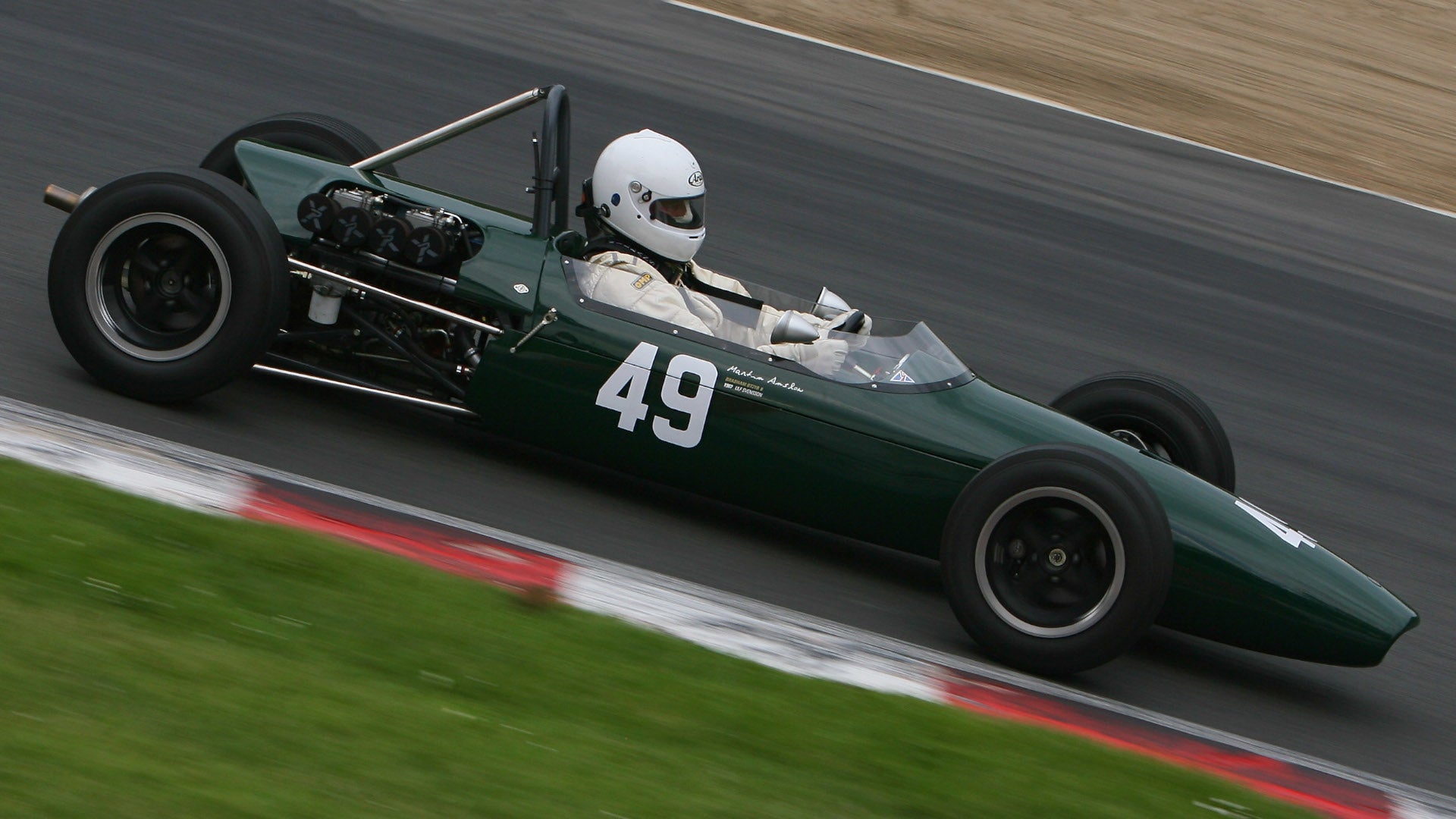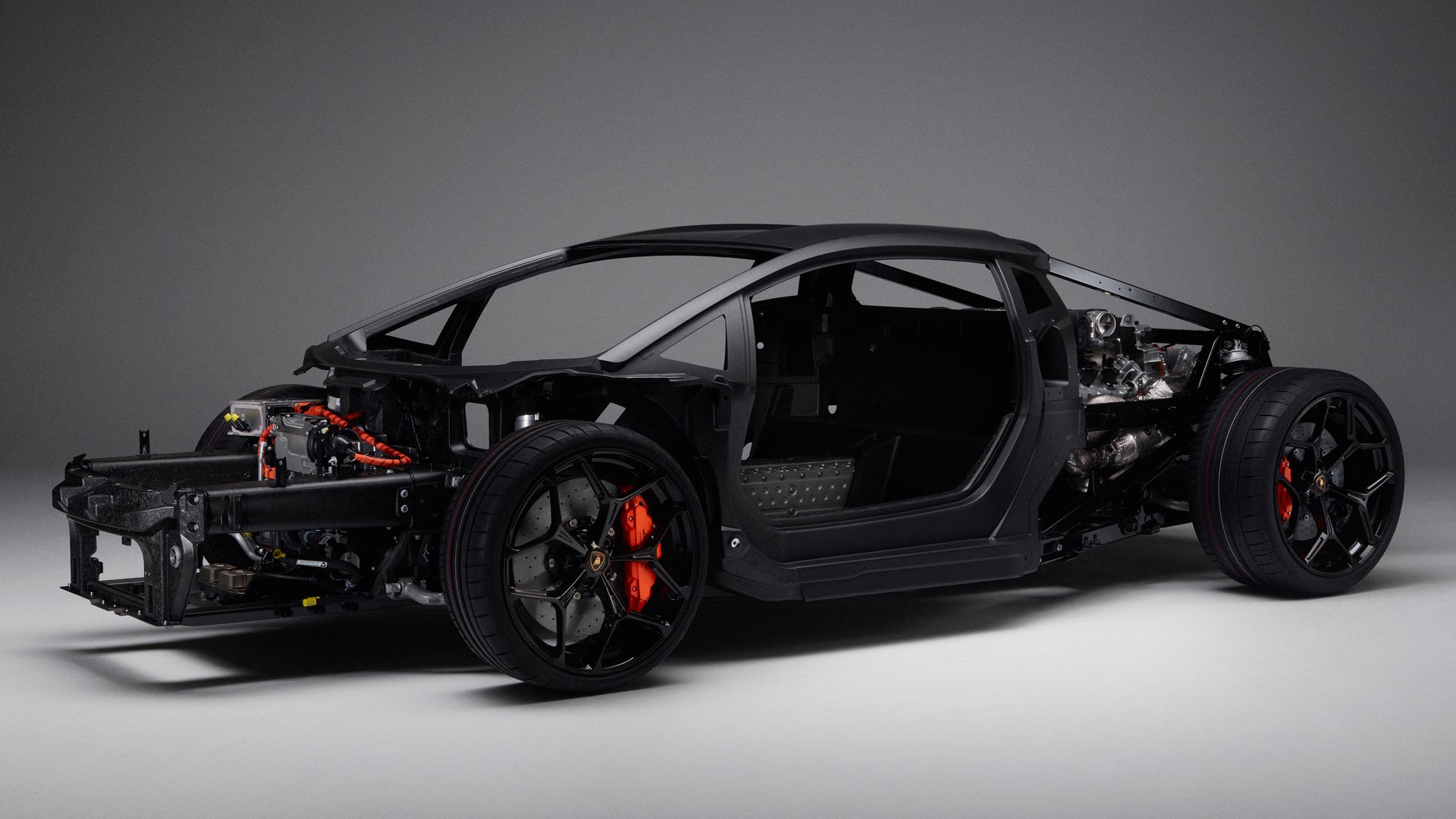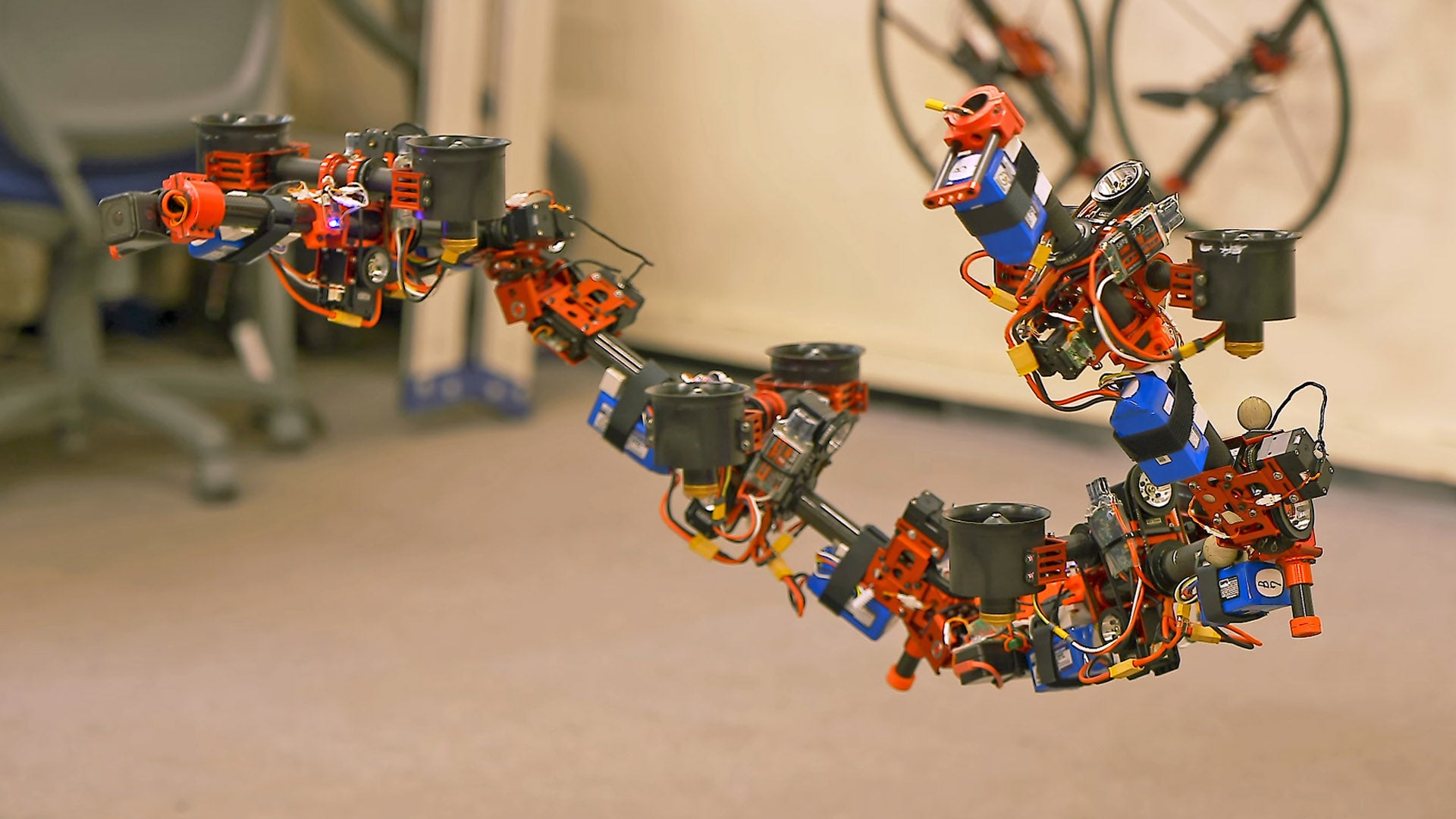A perfectly-tuned, well-maintained car has a very distinct sound. It has an almost melodic hum that is quite literally pleasant to the ears. For the responsible car owner, the very first sign that there may be a problem with the car is not necessarily the visible cues but rather any change in the way that a car sounds. From knocking to grinding noises to ear-splitting squeals, these can signal something problematic that if left unattended can grow into costly issues. Here are 10 noises from your car that you should never ignore:
Grinding Noise Right Under the Hood
Hearing a grinding noise in the engine bay can mean a lot of things. It could very well be your engine, the alternator, the different pulleys, and a host of other things. Some have even noted the grinding noise to be coming from the power steering pump. It could also be the compressor or perhaps other mechanical problems especially if the car has seen better days.
You can perform a step-by-step diagnosis, nonetheless. Check if the grinding immediately starts right after starting the engine. If it does, you can check the power steering pump, the alternator, and even the water pump. Listen to these parts with an automotive stethoscope or improvise with a rubber hose.
If there’s no grinding while the engine is running and with the vehicle parked, take it for a drive and test the brakes. If there’s grinding, then your most likely problem are the brake pads. Try to turn left and right and see if there are grinding noises, too. If there are, then a possible issue is the wheel bearings. Listen to your transmission as it shifts or changes in gear. Grinding can potentially be caused by a worn-out clutch or even transmission problems.
Noise When Changing or Shifting Gears
Any noise that occurs whenever you are shifting or changing gears is almost always a problem with the transmission system. Loud, often clunking, noises that occur when shifting into reverse, drive, or neutral can be a sign of a problem with the torque converter.
Other noises when shifting or changing gears can also indicate severely worn or damaged clutches. It is also possible that the transmission fluid is well below the minimum level. This can be easily corrected by topping up the transmission fluid or perhaps a complete flushing of the system. It is also possible that there is a leak in the transmission line or there is already a failure in the transmission range switch. Any of these can potentially cause troubling sounds emanating from the transmission.
To help identify which is causing the problem, it is often a good idea to bring it to a transmission specialist who can run a number of diagnostic tests to pinpoint the problem. Remember that the transmission is one of the most important components of your car. Ignoring these noises can be very costly in terms of repairs.
Knocking From the Engine Bay
A distinct knock emanating from deep under the hood is always an indication of a problem in the engine. In most instances, this can be caused by inadequate engine lubrication. In some cases, it is a sign that something has broken or that something is on the brink of breaking.
Do take note that there are engines that come with a normal ticking sound which is often associated with the function of electrical components. Solenoids, injectors, and relays can produce soft ticking sound. Even the engine itself can make some noise as it revs. However, these ticking sounds are generally considered as normal. If the ticking sound is replaced by a loud, knocking sound, then you’ve got a problem.
If the knocking sound emanates from the upper part of the engine, it is possible that the camshaft lobes are already worn out. If the noise comes from the area below the crankshaft and that the noise is somewhat low-pitched, it is possible that the problem is that of worn connecting rod bearings or even a deteriorating crankshaft. If the noise is described as heavy and deep, it is possible that you’ve got a worn-out timing belt tensioner. Of course, there are a thousand other reasons why knocking noise can come from the engine bay.
Squealing Noise During Acceleration
This is one noise that is very difficult to miss. You start your engine and your ears are suddenly filled with a high-pitched squeal. This can continue well when you’re already driving and begin to accelerate. This is often a sign of worn or loose fan belt.
The fan belt is what drives a variety of automotive components such as the water pump, power steering pump, AC compressor, and the alternator as well as a few other peripheral devices. A loose fan belt can be easily remedied by having a technician or a mechanic tighten it to specifications. However, a worn fan belt should be replaced as allowing it to operate continuously can significantly damage the different components as well as your car’s engine. Remember that the fan belt is needed to operate not only these critical components but the engine as well.
Hissing Sound
Whenever you hear a hissing sound from under the hood, you’ll know that this is definitely not normal. What you have to understand is that there are plenty of hoses in your engine bay that perform a variety of functions. These can convey hydraulic fluid, engine coolant, and even air. There are also hoses that are required for sensing fuel mixture in your vehicle.
Unfortunately, rubber hoses are never durable enough to last your lifetime. They will age and can become brittle and crack. Even the hose connections can fail. In any of these instances, a distinct hissing sound can be produced because of the high-pressure steam, fluid, or air that is being forced through these breaks in the integrity of the hose.
Identifying which hoses have breaks in their integrity can help you address the problem. In some cases, you can see an obvious crack or hole or even failing connections in the hose. In many instances, however, there aren’t any visible signs. As such, you will have to carefully listen for the hissing sound and hope to pinpoint its location.
Loud Bang Especially While Driving
There are two fundamental reasons why a loud bang can be heard while driving. It could be because of engine backfires or a problem with the catalytic converter.
In the first scenario, backfires usually occur when the engine is receiving more fuel than what is absolutely necessary. This can be caused by a dirty or clogged air filter. You may still have the normal amount of fuel being supplied to the engine. But because the air filter is clogged, there is less air going in to complete the mix. This results in a substantially higher proportion of fuel relative to the air component. Engine backfires can also be the result of delayed engine timing, a cracked distributor cap, or even carbon track that forms between adjacent spark plug wires.
While engine backfires are the most likely culprit for a loud bang while driving your car, it is also possible that the problem is in the catalytic converter. This device located between your engine and the exhaust is what effectively neutralizes harmful gases by converting them into generally harmless compounds. You can have this checked by a mechanic, too, just to be sure.
Rattling Noise Under the Car
There are many possible reasons why there may be rattling noise coming from under the car. However, one of the most common causes of rattling sound under the car is an issue with the exhaust system. This is especially true if the sound you hear is more like a box of rocks that is shaking right under your feet when the engine is left idling at a stop sign or a traffic light. In most cases, the catalytic converter may already require replacement. Other possible causes can include corroded pipe and faulty muffler.
The exhaust system may not be as important as other parts of the car, but it serves a very important function. The engine produces energy and with it certain gases that are quite harmful to humans and to the environment. These gases cannot stay within the engine itself and they cannot also be released into the atmosphere without being first converted into less harmful gases. The exhaust system conveys and converts the harmful gases from the engine so that the fumes your car releases are less toxic than they should be.
Grinding or Scraping Noise When Braking
This is almost a dead giveaway. A squealing, scraping, or grinding sound that occurs as soon as you apply the brakes simply means that there’s a problem with the brake system of the car. While the brake rotors and brake pads are essentially made of tough materials, they hardly last your lifetime. Every time you apply the brakes, the brake pads rub against the rotors in an effort to stop your vehicle from moving. This causes friction and can slowly wear the surface of the brake pads, exposing the metal parts of the caliper. If these metal parts touch the rotors as you apply the brakes, you’d get a loud grinding noise.
Other potential causes of unusual noises when braking can include low-quality brake pads. Most of these contain metal chunks that can rub and scrape the rotor’s surface. This not only produces a scraping sound but damages the brake rotors as well. Dirt, grime, and dust can also collect on the brake system, but most especially between the rotors and the caliper. The thing is that this noise is ever present, whether you apply the brakes or not. Other causes can be worn-out rotor discs and even a broken shim.
Any Noise When Turning
Turning your vehicle left or right is a function of your car’s steering system. As such, if you hear any noise every time you turn, then it’s a safe bet that there’s a problem in the steering system of your car.
If you hear popping, clunking, or even creaking sounds as you turn at low speeds it is possible that you have worn out or broken suspension joints. Damaged joints can rub against the connecting points to create the noise. If the noise is more like whining while you turn at low speeds, the most likely culprit is power steering pump damage. This is especially true if the noise comes right in front of your car’s engine. If you hear crunching or clicking noises when turning at high speeds, the most likely problem is a bad coupling at the CV joint. If it is a humming sound, the wheel bearings could be at fault.
If you hear clunking or knocking when turning at normal speed, you may already have bad tie rods, damaged sway bar link, or bad ball joints. If the noise is creaking, you can suspect dry suspension bushings, worn out shocks or struts, damaged power steering rack, worn ball joints, and damaged tie rod ends.
Roaring Noise Upon Acceleration
One of the possible reasons why you may hear roaring noise as you accelerate is a potential issue with your exhaust system. If the Check Engine light on your instrument panel also comes on, the most likely problem is an exhaust leak. The leak can occur anywhere along the entire length of the exhaust system. This should be thoroughly inspected and tested to localize the source of the leak. The leaking section should then be replaced. However, if the Check Engine light is still on after about a week, then other diagnoses should be considered.
There is another potential, more serious cause of roaring noise when accelerating. It is best described as thumping or rumbling emanating from deep within the engine itself. This could potentially indicate a problem with the crankshaft bearings. These need to be inspected and the bearings replaced if they are already damaged.
Unusual noises are a way for cars to tell us that something is wrong. Don’t ignore these noises, unless you don’t mind paying for expensive repairs later on or, worse, increasing your risk of an accident.
Sources:
- 16 costly car noises – Bankrate
- Troubleshooting Strange Sounds Coming From Your Automobile – dummies









